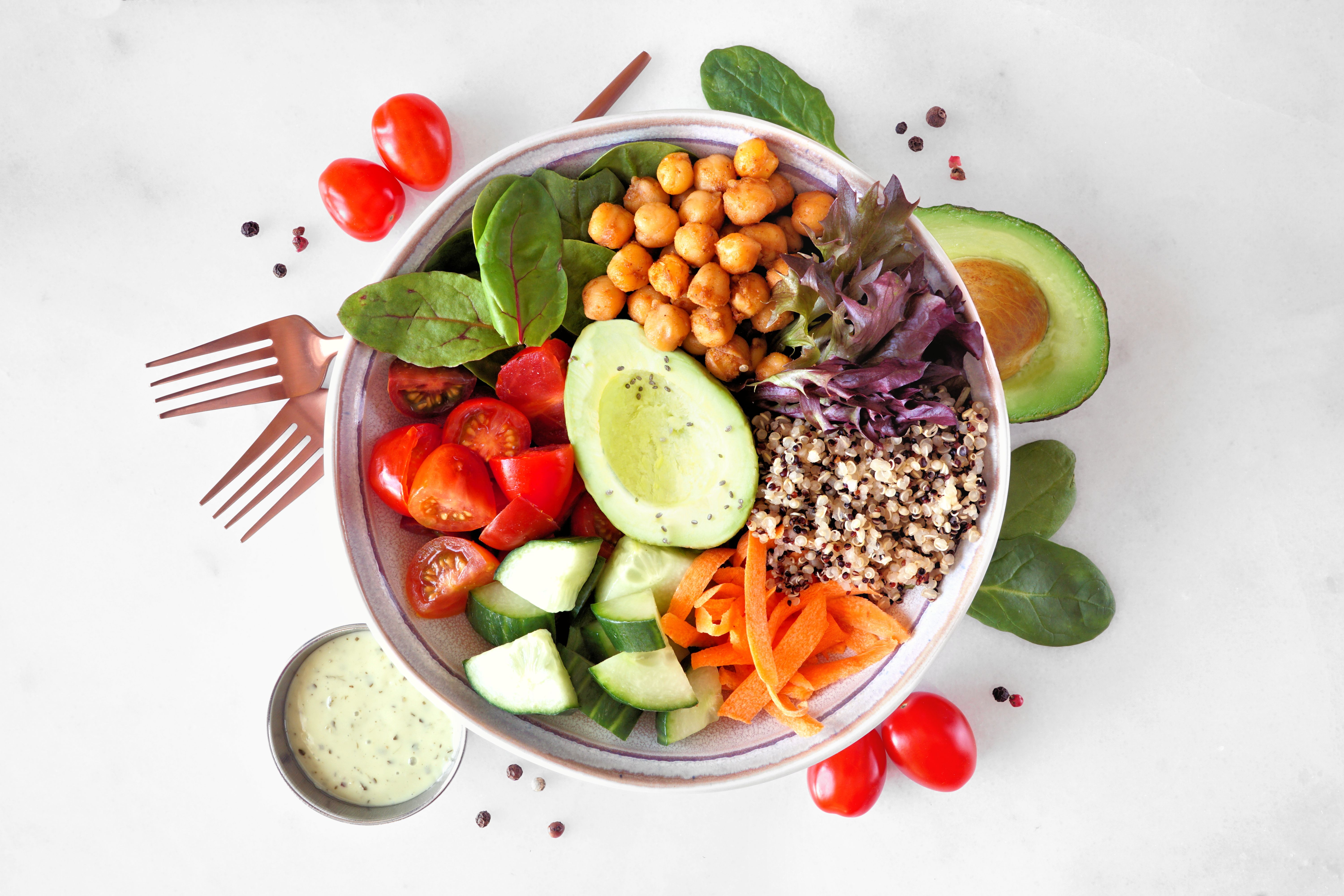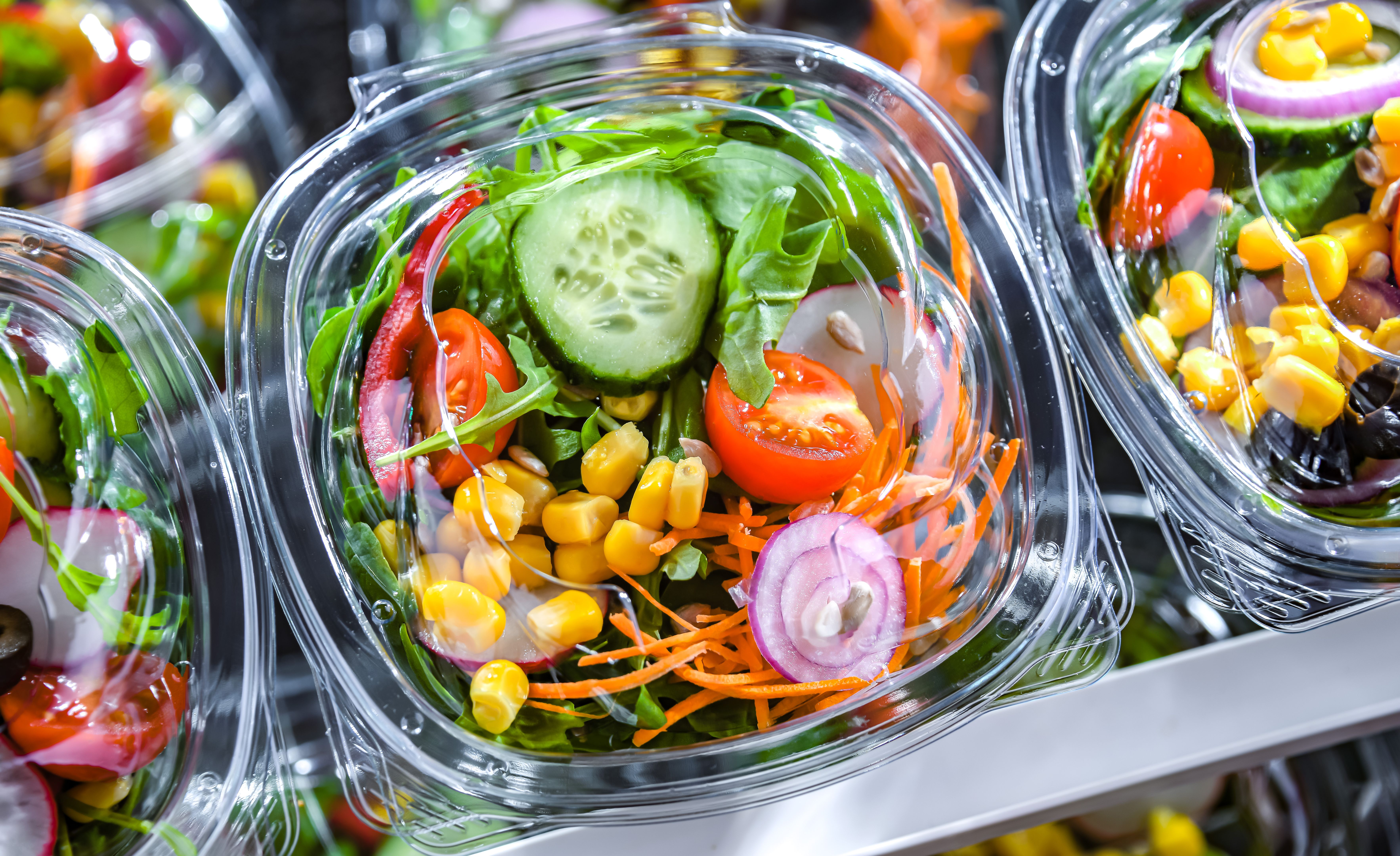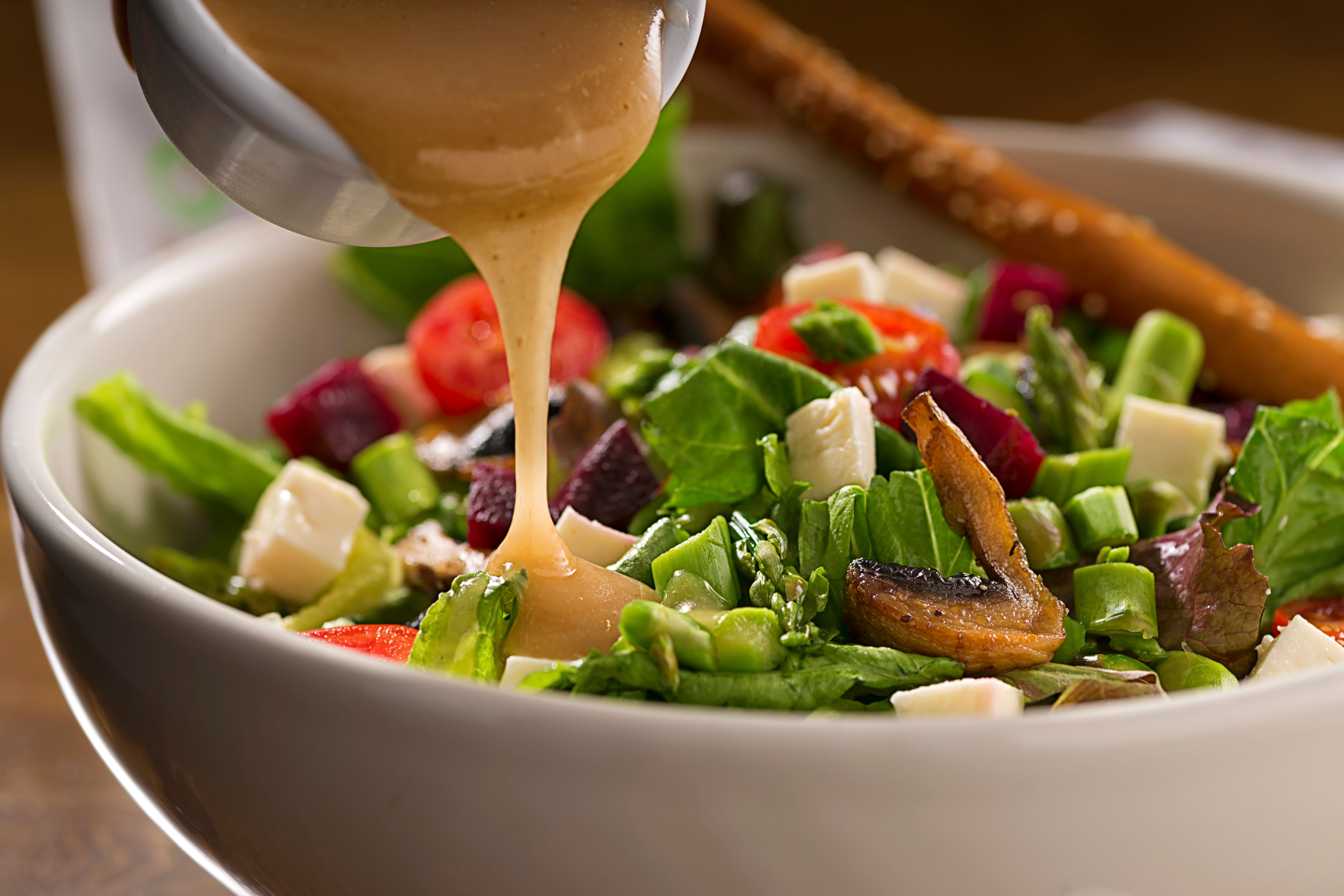The Hidden Chemicals in Your Salad: What Are You Really Eating?
Unpacking Your Salad: A Closer Look at Its Ingredients
When you think of eating a salad, the words "fresh" and "healthy" probably come to mind. However, beneath those vibrant greens and colorful veggies, your salad might be hiding some unexpected chemicals. While salads are indeed filled with essential nutrients, understanding what else might be lurking in your bowl is crucial.

Pesticides: The Unseen Ingredient
Many of the vegetables and fruits in your salad are treated with pesticides to protect them from pests and diseases during growth. While these chemicals play a role in ensuring crop yields, they can linger on produce even after washing. According to studies, traces of pesticides are often found in conventionally grown produce.
To minimize your exposure, consider buying organic produce, which is grown without synthetic pesticides, or thoroughly washing and peeling your vegetables and fruits.
Preservatives in Packaged Salads
If you're opting for a pre-packaged salad for convenience, it's important to be aware of preservatives. These chemicals are used to extend shelf life and maintain freshness. Common preservatives found in packaged salads include sodium benzoate and potassium sorbate.

While these preservatives are deemed safe in regulated amounts by food safety authorities, some people may prefer to avoid them due to concerns about potential health effects. Always check the ingredient list on packaged salads to make informed choices.
The Role of Fertilizers
Fertilizers are another hidden chemical component that can affect your salad. They are used to promote plant growth and increase crop yields. However, the run-off from fields into water systems can lead to environmental issues and potentially impact the produce itself.
- Nitrogen-based fertilizers: These can enhance plant growth but may leave residues.
- Phosphate fertilizers: Often used for root development, they too can leave traces.
Artificial Additives in Dressings
Your choice of salad dressing can also add unwanted chemicals to your meal. Many commercial dressings contain artificial flavors, colors, and preservatives to enhance taste and appearance. Ingredients like high fructose corn syrup and monosodium glutamate (MSG) are commonly used.

To avoid these additives, opt for homemade dressings using fresh ingredients such as olive oil, lemon juice, and herbs. This way, you can control what goes into your dressing and adjust it to your taste.
Making Healthier Choices
While salads are a great addition to a healthy diet, being aware of the hidden chemicals in your ingredients can help you make better choices. By choosing organic options, thoroughly washing produce, and making homemade dressings, you can enjoy your salad with peace of mind.
Remember, knowledge is power. Understanding what you're really eating can empower you to make decisions that align with your health goals.